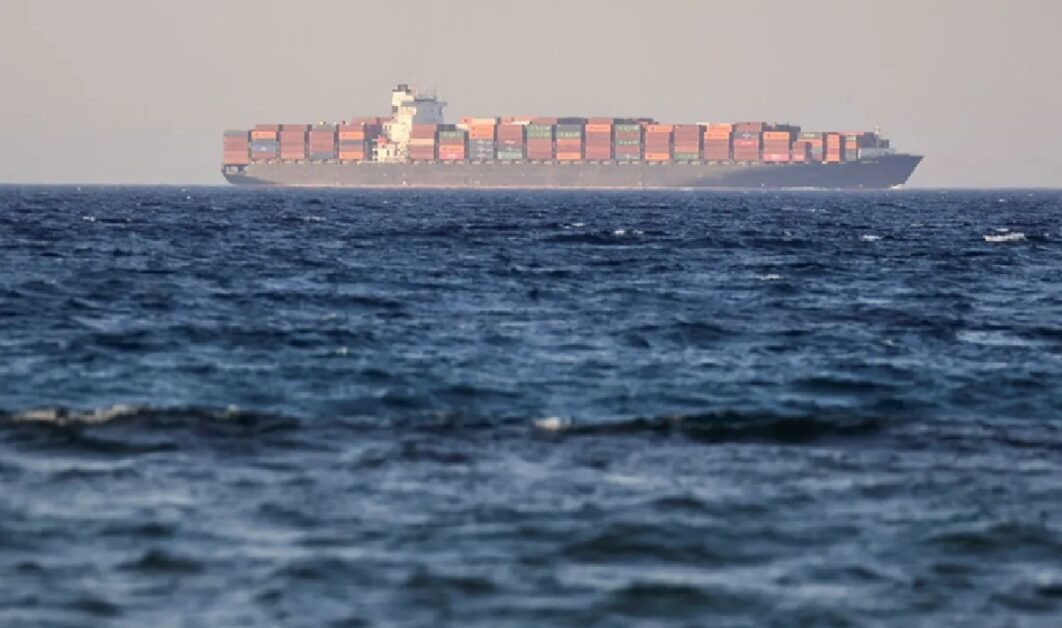According to a GTRI analysis, the Indian government should diversify its sources of crude oil, examine energy risk scenarios, and guarantee strategic oil reserves in light of the current confrontation between Iran and Israel. Despite not being directly involved in the Iran-Israel confrontation, India cannot afford to remain passive, according to the Global Trade Research Initiative (GTRI).
The Indian government was encouraged by the report to make sure that the nation’s strategic oil reserves are adequate to deal with any potential emergency. “India cannot afford complacency, even though it is not a party to the conflict,” it said. It is imperative that the government diversify the sources of crude oil, examine energy risk scenarios, and make sure strategic reserves are enough.
It also emphasized the necessity of increased military readiness in the Arabian maritime, particularly in the vicinity of crucial maritime routes and choke points. In terms of diplomacy, the research suggests that India should advocate for peace, de-escalation, and the safeguarding of international trade routes through forums like the G20 and the UN.
As tensions in West Asia rise, India faces growing threats to its energy security, trade routes, and commercial ties. The report states that the intensifying Israel-Iran conflict could have serious consequences for India’s economy.
India has major trade exposure with both nations. In FY2025, India exported goods worth $1.24 billion to Iran and imported goods worth $441.9 million. Trade with Israel is even larger, with $2.15 billion in exports and $1.61 billion in imports.
However, the bigger concern of India right now is energy. Nearly two-thirds of India’s crude oil and half of its LNG imports pass through the Strait of Hormuz, a narrow waterway now threatened by Iran. The Strait of Hormuz, just 21 miles wide at its narrowest point, handles nearly one-fifth of global oil trade.
Since India depends on imports for over 80 per cent of its energy needs, any disruption here would lead to a sharp rise in oil prices, shipping costs, and insurance premiums. GTRI stated that this could fuel inflation, weaken the rupee, and create challenges for the government’s financial planning.
In addition, the report mentioned that nearly 30 per cent of India’s westbound exports to Europe, North Africa, and the US East Coast pass through the Bab el-Mandeb Strait. This route is now also at risk. If shipping is forced to take the longer route around the Cape of Good Hope, transit times could go up by two weeks, and freight costs would rise significantly.
This would affect Indian exports such as engineering goods, textiles, and chemicals, and raise the cost of important imports. The recent conflict arose when Israel launched “Operation Rising Lion” on June 13. Over 200 aircraft and Mossad-led drones attacked Iran’s military and nuclear sites. Iran also launched more than 150 ballistic missiles and drone swarms on Israeli cities like Tel Aviv and Jerusalem. Casualties are rising, GTRI stated that now, with U.S.-Iran nuclear talks cancelled, diplomatic efforts have broken down. Regional financial markets are also under pressure.









